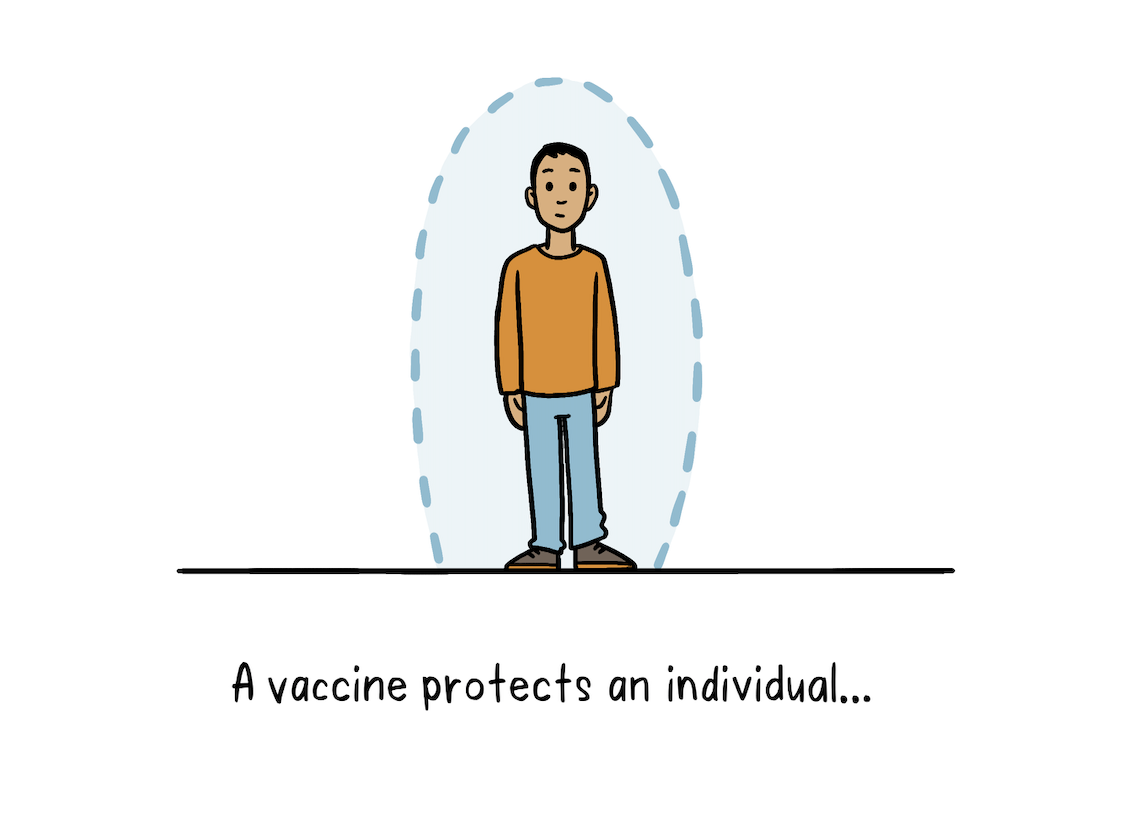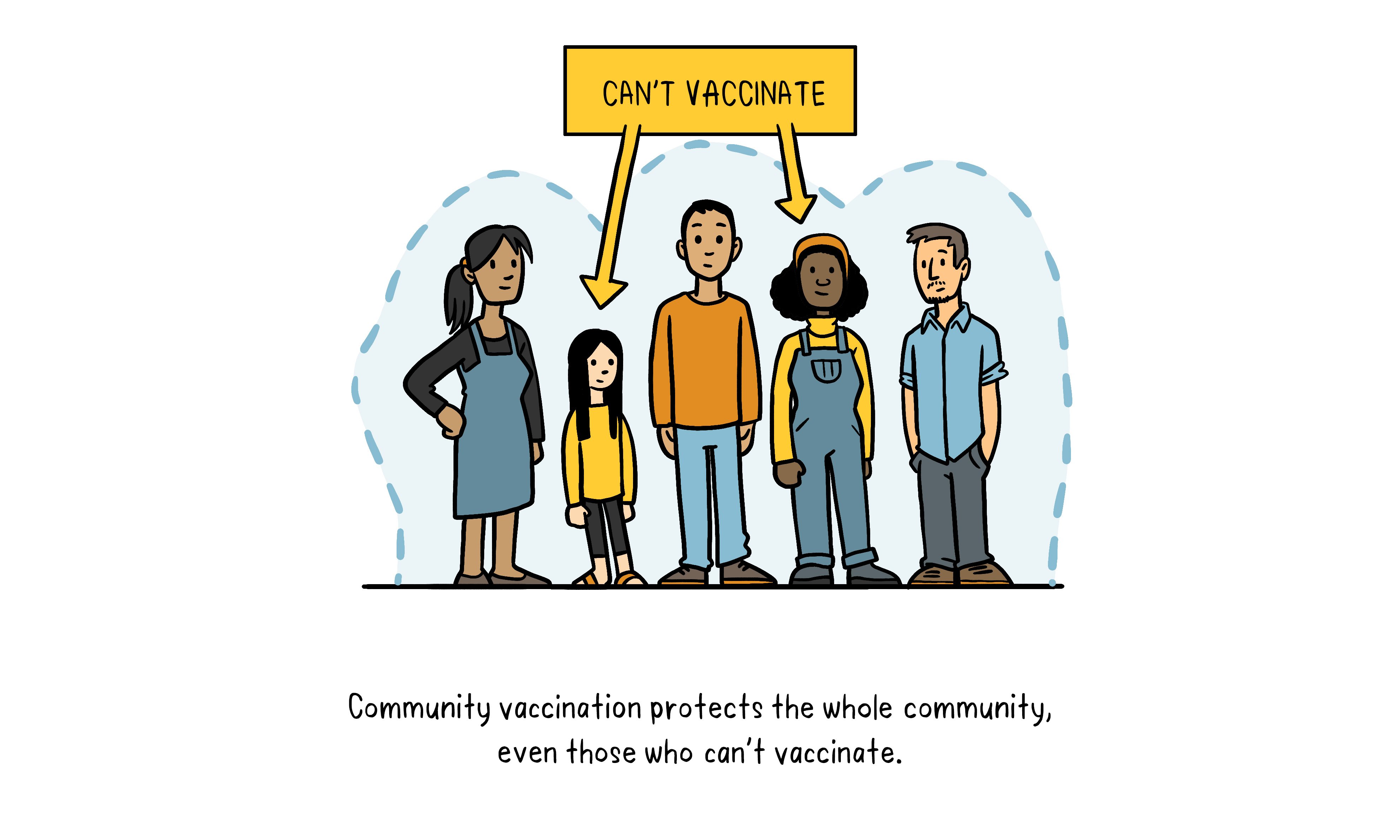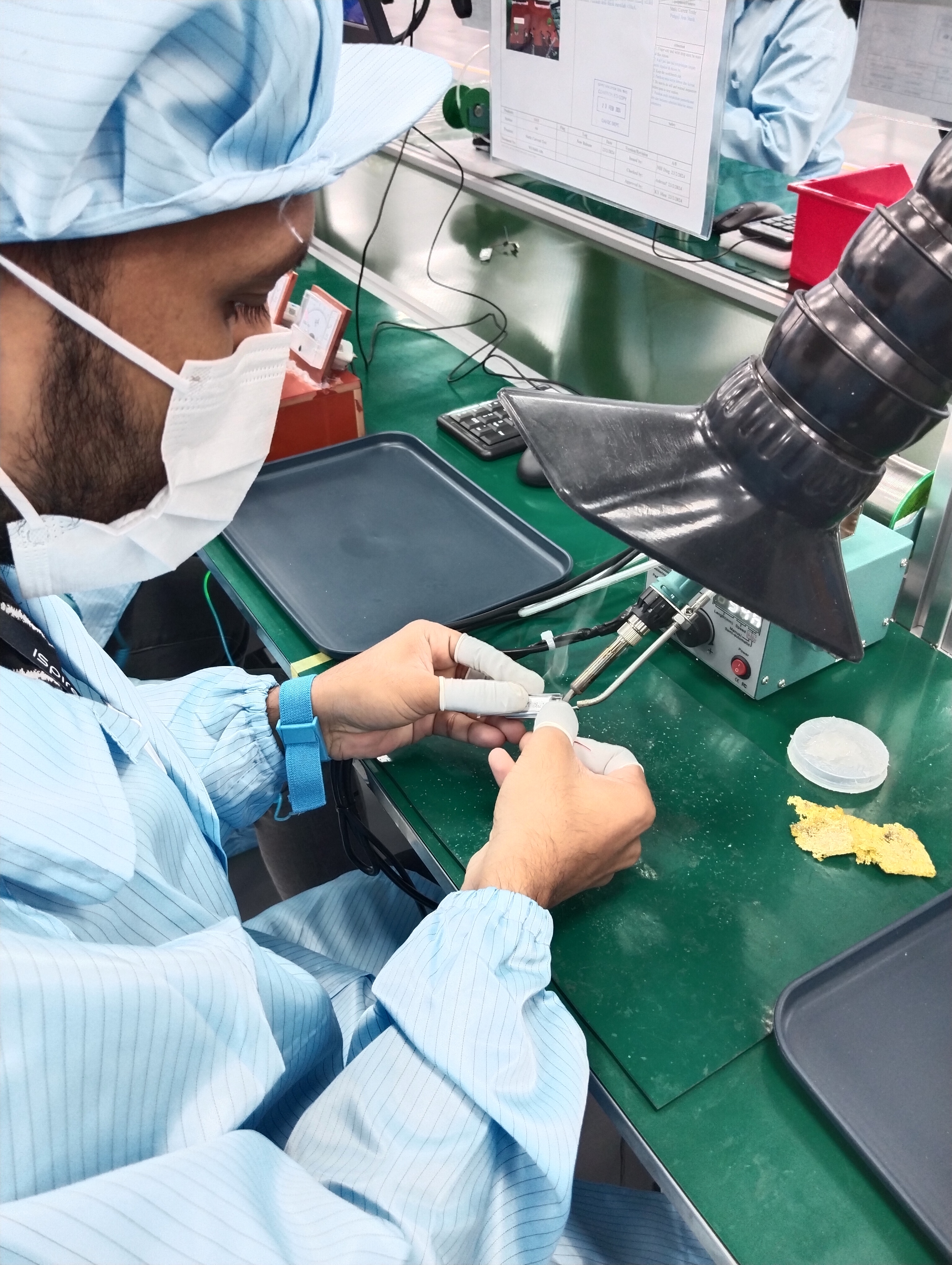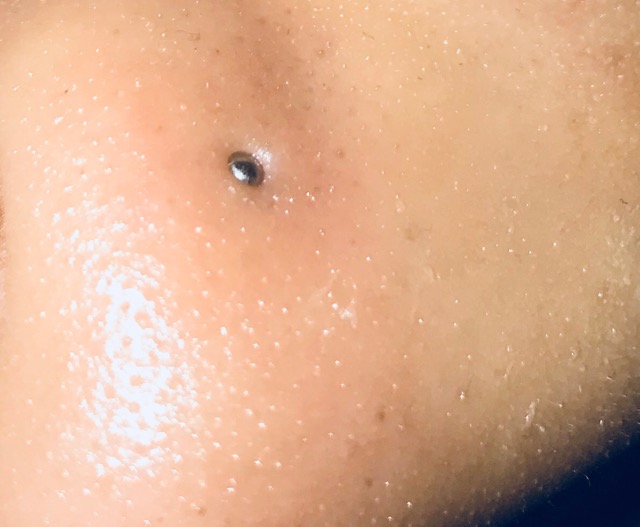Sponsor Ads
Non-China Vape, 510 Cartridges & Battery Device Maker
If you are going for a vape manufacturer out of China we are you best choice. We offer a alternative vape production location with a very competitive price. You can save money by buying directly from us the manufacturer, without any middlemen or extra fees. You can also enjoy discounts for bulk orders and special offers for long term & loyal customers.
We offer small trial orders where you can test the quality and performance of the products before placing a large order. Fast shipping and cheaper shipping cost from Malaysia and Singapore ports. You don't have to wait long to receive your products.
Contact Us!
Contribute for our website Maintenance! We want to keep it free for all visitors.
Trending Best Sellers

Covid-19 Variants of Concern and Variants of Interest
Trending Best Sellers
Which Covid-19 Variants come under which category?
What began as a pneumonia outbreak in Wuhan, China, in December 2019, has assumed global proportions and claimed countless lives within a span of two years.
At the outset, the virus spread through droplets of saliva, cough particles or nasal discharge from an infected person. Within the passage of a year, December 2020 saw the emergence of changing COVID-19 variants. These changes in variations allow the virus to be more contagious than before.
The changes in the variants occur when there is a mutation of the genes of the virus. However, these mutations are only natural. M.D Robert Bollinger told the Johns Hopkins University’s Medical Organisation, that “All RNA viruses mutate over time. For example, flu viruses change often...”. MD Stuart Ray told the Hopkins Medical Organisation that “Geographic separation tends to result in genetically distant variants.” In light of such developments, the new mutations are bound to be several and distinct from one another. (New Variants of Coronavirus: What You Should Know | Johns Hopkins Medicine)
The World Health Organisation has classified each emerging variant as either a Variant of Concern (VOC) or a Variant of Interest (VOI). The Alpha, Beta, Gamma and Delta variants fall under Variants of Concern. Whereas the Eta, Iota, Kappa and Lambda fall under Variants of Interest.
What is a Covid-19 Variants of Concern?
According to the World Health Organisation, a variant of concern translates to a rise in transmissibility, an increase in fatality and a significant decrease in effectiveness of vaccines, therapy and other health measures.
What is a Covid-19 Variants of Interest?
According to WHO, a VOI is a SARS CoV-2 variant with a genetic capability that affects characteristics of the virus such as disease severity, immune escape, transmissibility and diagnostic escape. The world health body further confirmed that a VOI causes a consequential volume of community transmission. A global increase in cases poses a risk of large proportions to worldwide public health.
Here’s a comprehensive list of the new variations and their biological characteristics
Covid-19 Variants: B.1.1.7 or the Alpha variant
According to Johns Hopkins data, this variant was first detected in Southern England in 2020. According to a Lancet study, patients suffering from bouts of the Alpha variant posed a greater risk of CCU admission and a 28-day mortality, if weighed against patients with non-Alpha strains of the virus. The study also asserts that for those receiving critical care, “mortality appeared to be independent of virus strain”.
As published in the University of Minnesota’s Centre for Infectious Disease Research Policy (CIDRAP), an Oxford study revealed that after adapting to covariables, patients receiving primary care and infected with the Alpha strain were more likely to die in 28 days than those infected by other strains of the virus. The study also clarified that the B.1.1.7 variant was identified with a doubled probability of requiring CCU admission.
CIDRAP also states that evidence was found between the variants correlation with age, sex, ethnic group or race. But patients who were inflicted with this variant were notably younger. Though the virulency was found to be reduced, a certain percentage requiring mechanical ventilation in the first 24 hours of admission was higher.
Covid-19 Variants:B.1.351 or the Beta variant
The Beta variant first appeared in South Africa. Accoring to Johns Hopkins findings, the viral strain may have the potential to re-infect individuals who have recovered from earlier strains of the virus. The variant may also be resistant to some vaccines. CIDRAP states that the strain has a greater viral load than its pervious strain.
Covid-19 Variants: P.1 or the Gamma variant
First cases of the Gamma variant were detected in the U.S. in January, 2021. According to CDC, the initial cases were identified in a group of travellers from Brazil who had to undergo testing during routine screenings at an airport in Japan. (About Variants of the Virus that Causes COVID-19 | CDC)
According to the Global Virus Network (GVN), this variant has shown pronounced transmissibility. The network further states that its mutations N501Y, K417N and E484K in the “receptor building domain of spike protein”, tend to amplify its affinity to human receptors. Gamma (P.1) - GVN
Most importantly, this variant tends to escape from the immune responses of the body. With each mutation, the virus becomes more contagious than its previous strains.
Covid-19 Variants: B.1.617.2 or the Delta
This variant was initially detected in India in December 2020.
Explained | What is the Delta plus variant?
Yale University’s Yale Medicine Organisation has said to combat this highly contagious strain, vaccination is key. The Organisation has said ‘People who are fully vaccinated against the coronavirus appear to have protection against Delta’. The medical body has also spoken about “hyperlocal outbreaks” which means that a low-vaccinated town that is surrounded by a high-vaccinated town could lead to virus contained within its borders. Therefore, vaccination is the best weapon to combat the fast moving Delta variant. (5 Things To Know About the Delta Variant > News > Yale Medicine)
By far, India has recorded more than 50 cases of the Delta Plus variant.
Covid-19 Variants: B.1.617.1 or the Kappa variant
According to the World Heath Organisation, the first samples of the Kappa variant was documented in India, in October 2020. The kappa variant is a double mutant virus.
Two cases of the variant have been reported in Uttar Pradesh. Genome sequencing of 109 samples was conducted at the King George’s Medical College in U.P. The Delta Plus was found in most of the samples, where as the Kappa was found in 2 samples.
Covid-19 Variants: C.37 or the Lambda variant
The variant was first detected in Peru in December 2020. It is more contagious than the Gamma or Alpha variations.
Of late, Canada’s Chief Public Health Officer has confirmed cases of the Lambda variant in the country. A New York University Study published on July 2 implies that the variant may be resistant to antibodies emerging from the mRNA vaccines from Pfizer-BioNtech and Moderna. The study concluded that it is not enough “to cause a significant loss of protein against infection”.
Source: The Hindu Health
Important Covid-19 Links
This Coronavirus pages are intended solely to inform our clients and online visitors about coronavirus/COvid-19. All facts are from reliable sources like WHO, CDC and respective Government Health Agencies. Readers can either read through the facts which we summarized in this page or go direct to source through the link listed at the bottom of each page.
- Safety of COVID-19 vaccines-what we need to know!
- Coronavirus - Stay Informed
- Covid 19
- Covid 19 Symptoms
- Coronavirus Covid 19 Questions and Answers
- Coronavirus disease (COVID-19) advice for the public
- Coronavirus Vaccine - All you need to know!
- Covid 19 Testing Near Me
- Coronavirus Vaccine
- What is the Coronavirus Vaccine
- Coronavirus vaccine update - There are more than 100 vaccines!
- How long does coronavirus last - Stay Informed!
- All About Covid-19
- Covid-19 Symptoms
- Michigan Coronavirus _ Stay Informed and Stay Safe!
- Coronavirus California - Stay Informed & Stay Safe
- Florida coronavirus - Stay Informed!
- What is the coronavirus vaccine - Stay Informed
- Covid 19 Vaccine - Stay Informed with the latest Development!
- Protect yourself: advice for the public
- Myth busters
- Questions and answers
- Situation reports
- All information on the COVID-19 outbreak
References:
1. WHO Coronavirus disease (COVID-19) pandemic
2. CDC Centers for Disease and Prevention Control
3. Canada Coronavirus disease (COVID-19)
4. Health.com
5. Harvard Health Publishing Harvard Medical School
7. Wikipedia COVID-19 pandemic
Supply Chain
1) Nitrile Powder-Free Examination Gloves
3) Blue Nitrile Disposable Gloves Powder-Free
About Covid-19 Variants of the Virus that Causes COVID-19
Updated June 28, 2021
Information about the characteristics of these variants is rapidly emerging. Scientists are working to learn more about how easily they spread, whether they could cause more severe illness, and whether currently authorized vaccines will protect people against them.
Find data and technical information about variants circulating in the United States.
What We know
Viruses constantly change through mutation, and new variants of a virus are expected to occur. Sometimes new variants emerge and disappear. Other times, new variants persist. Multiple variants of the virus that causes COVID-19 have been documented in the United States and globally during this pandemic.
Viruses constantly change and become more diverse. Scientists monitor these changes, including changes to the spikes on the surface of the virus. By carefully studying viruses, scientists can learn how changes to the virus might affect how it spreads and how sick people will get from it.
If you think about a virus like a tree growing and branching out; each branch on the tree is slightly different than the others. By comparing the branches, scientists can label them according to the differences. These small differences, or variants, have been studied and identified since the beginning of the pandemic.
Some variations allow the virus to spread more easily or make it resistant to treatments or vaccines. Those variants must be monitored more carefully.
Learn more about how scientists monitor viruses.
COVID-19 Variants in the United States
We are monitoring multiple variants; currently there are four notable variants in the United States:
B.1.1.7 (Alpha): This variant was first detected in the United States in December 2020. It was initially detected in the United Kingdom.
B.1.351 (Beta): This variant was first detected in the United States at the end of January 2021. It was initially detected in South Africa in December 2020.
P.1 (Gamma): This variant was first detected in the United States in January 2021. P.1 was initially identified in travelers from Brazil, who were tested during routine screening at an airport in Japan, in early January.
B.1.617.2 (Delta): This variant was first detected in the United States in March 2021. It was initially identified in India in December 2020.
These variants seem to spread more easily and quickly than other variants, which may lead to more cases of COVID-19. An increase in the number of cases will put more strain on healthcare resources, lead to more hospitalizations, and potentially more deaths.
So far, studies suggest that the current authorized vaccines work on the circulating variants. Scientists will continue to study these and other variants.
Learn more about SARS-CoV-2 Variant Classifications and Definitions.
How common are these variants
CDC tracks multiple variants circulating in the United States and provides an estimate of how common they are in the nation and at the regional level. This data can change over time as more information is available.
Based on current data, variant B.1.1.7 is the most common variant across the country.
Learn more about Variant Proportions in the United States.
What we are doing to learn more
Scientists are studying these variants to learn more about them and to quickly detect new variants. They want to understand whether the current and new variants
Spread more easily from person-to-person
Cause milder or more severe disease in people
Are detected by currently available viral tests
Respond to medicines currently being used to treat COVID-19
Change the effectiveness of COVID-19 vaccines
Learn more about what CDC is doing to track variants.
Protect yourself from COVID-19
COVID-19 continues to spread in the United States and variants are circulating. Take steps to protect yourself from the virus.
Get a COVID-19 vaccine when it is available to you.
Wear a mask that covers your nose and mouth to help protect yourself and others.
Stay 6 feet apart from others who don’t live with you.
Avoid crowds and poorly ventilated indoor spaces.
Wash your hands often with soap and water. Use hand sanitizer if soap and water aren’t available.
Source: CDC Covid-19 Variants- Protect yourself: advice for the public
- Myth busters
- Questions and answers
- Situation reports
- All information on the COVID-19 outbreak
- Coronavirus Vaccine
- What is the Coronavirus Vaccine
- All About Covid-19
- Covid-19 Symptoms
Other resources on coronavirus disease (COVID-19)
- BMJ
- Cambridge University Press
- Centers for Disease Control and Prevention
- Chinese Medical Association
- Cochrane
- Elsevier
- European Centre for Disease Prevention and Control (ECDC)
- JAMA Network
- The Lancet
- LITCOVID: US National Library of Medicine
- New England Journal of Medicine
- Oxford University Press
- PLOS
- Public Health England
- Science
- Springer Nature
- SSRN (Preprints)
- Wiley
Comments
What you think?
Recent Articles
-
Riche Niche: Health | Lifestyle | Fashion | Marketing | Technology
Mar 14, 25 09:18 AM
Our Riche Niche blog is the easiest way to stay up-to-date with the latest news, trends and articles published on this site. -
The Therapeutic Potential of Medical Cannabis Vaporization
Aug 05, 24 09:32 PM
The use of medical cannabis has been a subject of much debate and research over the years. With the growing acceptance of cannabis for medical purposes, various methods of administration have been exp… -
Amazon Spring Sale: A Season of Spectacular Savings
Mar 18, 24 08:38 AM
Amazon Spring Sale: A Season of Spectacular Savings -
Understanding Nose Piercing Types: A Guide for Teens
Mar 16, 24 09:19 AM
Explore the rising trend of nose piercings among teenagers, understanding the various types and their cultural implications for a stylish appeal. -
Infected Nose Piercing
Mar 16, 24 09:18 AM
You can expect symptoms of infected nose piercing to resemble any other kind of body piercing infection. -
EMS manufacturing services in Malaysia
Mar 09, 24 10:33 PM
Malaysia is one of the leading countries in Southeast Asia that offers EMS manufacturing services to both local and international clients. -
Laundry Business: The Need for Payment System Upgrades
Mar 08, 24 11:14 AM
Discover the benefits of upgrading your laundry business's payment system. Enhance efficiency, increase profits, and improve customer convenience. -
Nose Peircing Store
Feb 18, 24 02:38 AM
A collection of latest at our nose peircing store. -
How to Choose the Right Coffee Maker for Your Needs
Feb 18, 24 02:12 AM
We'll compare the pros and cons of four common types of coffee makers: drip, French press, espresso, and vacuum. We'll also give you some tips on how to choose the right one based on your preferences… -
Emulate Celebrities with Nose Piercings
Feb 06, 24 08:13 AM
Discover the celebrities with nose piercing and get inspired for your next piercing! From studs to septum rings, our list has it all. Read more! -
Types of Nose Rings
Feb 06, 24 08:11 AM
Types of Nose Rings -
Is my nose piercing ring is sinking in?
Feb 06, 24 08:10 AM
Is my nose piercing ring is sinking in? Or just swollen? -
Dry Herb Vape Pens-Discover the Advantages of Malaysian Made
Feb 04, 24 12:39 PM
Choose our non-China dry herb vape pen for its high production standards, strict quality control, and excellent craftsmanship. -
Trinity Nose Ring A Unique Fashion Statement
Feb 03, 24 08:36 PM
Explore the world of trinity nose rings, a unique piece of jewelry that adds elegance and style to your look. Understand the different types and choose the right one for you. -
Redefining Beauty: The Rise of Nose Piercing Trend in the USA
Feb 02, 24 08:34 AM
Explore the evolution of the nose piercing trend in the USA, from ancient tradition to modern expression of individuality.














